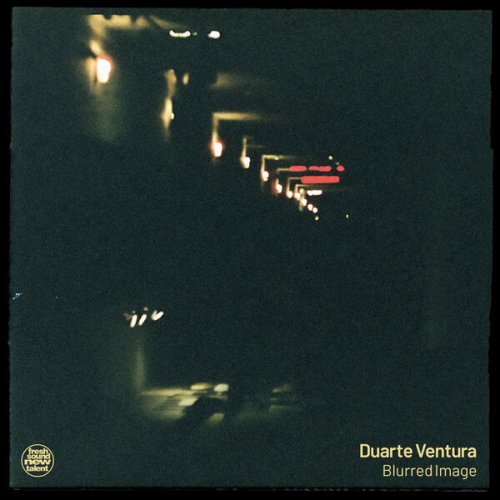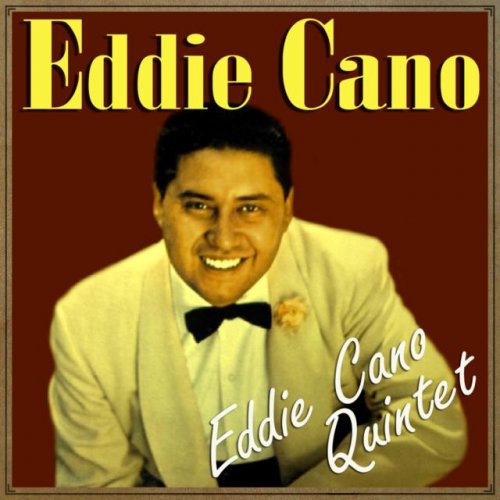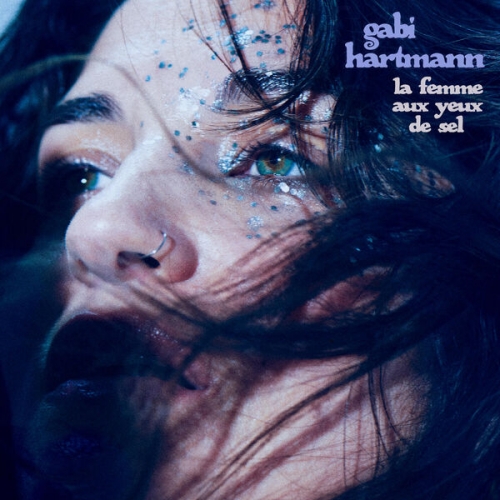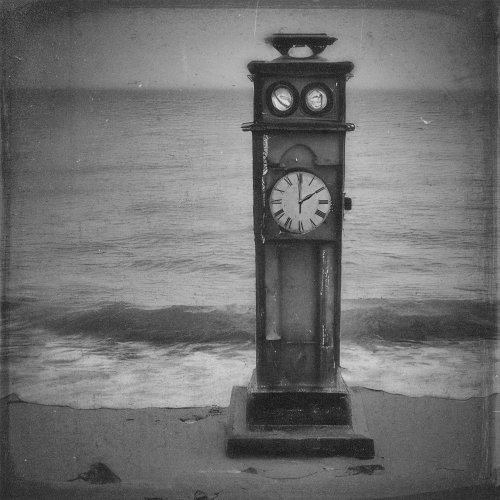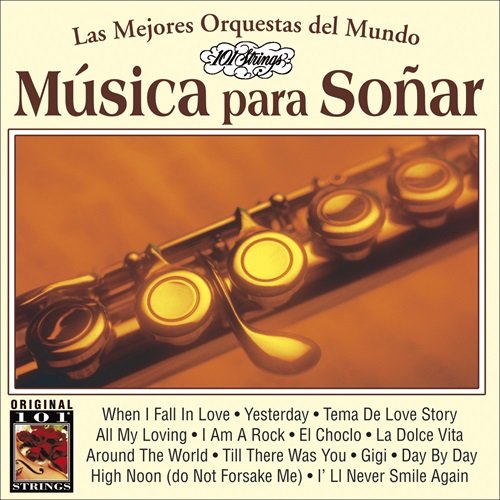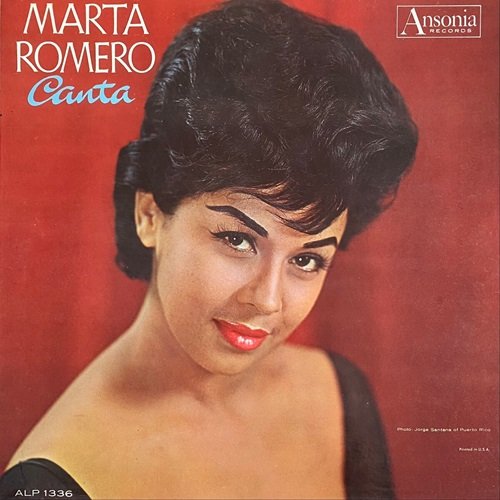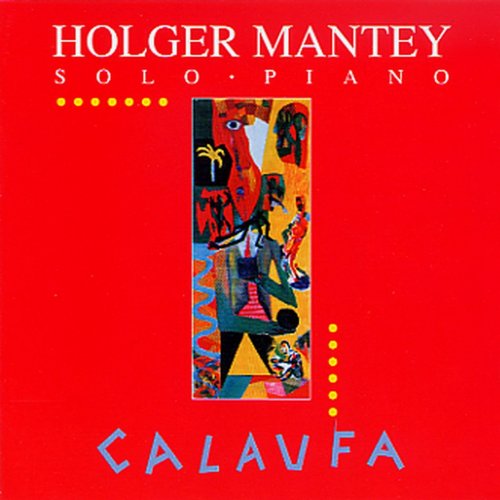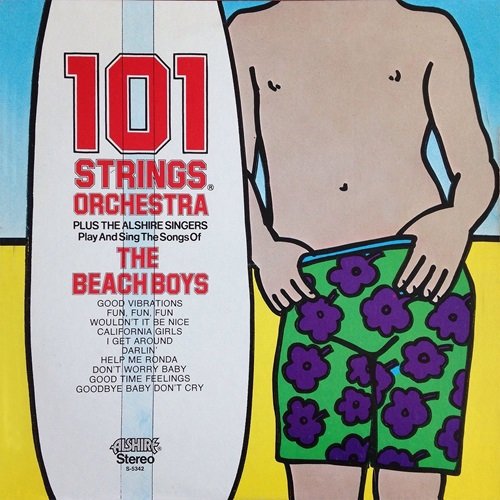Elijah Shiffer - Dada Bebop (2024)
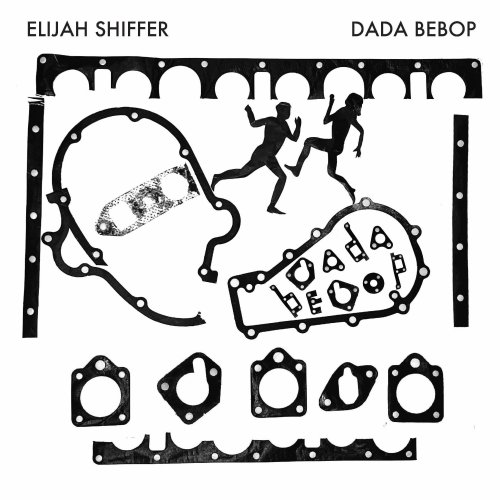
Artist: Elijah Shiffer
Title: Dada Bebop
Year Of Release: 2024
Label: Star Jelly
Genre: Jazz
Quality: FLAC (tracks)
Total Time: 53:03 min
Total Size: 337 MB
WebSite: Album Preview
Tracklist:Title: Dada Bebop
Year Of Release: 2024
Label: Star Jelly
Genre: Jazz
Quality: FLAC (tracks)
Total Time: 53:03 min
Total Size: 337 MB
WebSite: Album Preview
01. One For Joe
02. Blue Blonk
03. Birdlesque
04. Late-Lee
05. Who's Blues
06. Macaronic (Intro)
07. Macaronic
08. Dada Bebop Wedding Song
09. Pom Pom
10. Scramble From The Ramble
11. You Stepped On My Dream
12. Sesquipedalian
13. Slippery Slopes
14. Woodhead
You recognize bebop as soon as you hear it, and Dada as soon as you see it. There are many conections to be made between the two. Both originally came from revolutionary scenes, as a break with what came before in their respective mediums. They share a subversive sense of humor. Both have influenced an endless variety of works and ideas across music, art, literature, philosophy, and culture. And the names of both are primal and pre-verbal sounds, not born of any language.
Dada bebop, as I play it, concentrates the essence of bebop and adds a layer of absurdity. In these compositions I explore and deconstruct specific elements of bebop rhythm, harmony, and melody. Most of the songs are based on the chord progressions of standards, incorporating and expanding on many of the alterations to these that have been codified in the language of bebop. The standard changes are sometimes obvious, as in “Late-Lee” based on Jimmy Van Heusen’s “Like Someone In Love”; in others they are more camouflaged, such as “Slippery Slopes” which collages the harmonic material of Miles Davis’ “Sippin’ At Bells”. A few songs use multiple standards as their source; “Macaronic” combines elements of Jerome Kern’s “All The Things You Are” and Gene De Paul’s “I’ll Remember April”, while “Woodhead” stacks the chords of Cole Porter’s “What Is This Thing Called Love” over those of Dizzy Gillespie’s “Woody ’N’ You”. I pay homage to Dada with “Blue Blonk”, which uses a variation of blues changes from a song by avant-garde vocalist Jaap Blonk; he is a master interpreter of the Dada sound poetry of Hugo Ball and Kurt Schwitters. Part of “Macaronic” also comes from a rhythm in Schwitters’ “Ursonate”.
Two albums that inspired me to create Dada Bebop are Chris Welcome’s Challenger and Kevin Sun’s <3 Bird; I’m honored to have Kevin make two guest appearances here. I also include two songs by bebop-era composers (both pianists) whose exploratory writing, way ahead of their time, has been a big influence for me: Elmo Hope (“One For Joe”) and Herbie Nichols (“Who’s Blues”). Recording at the historic Van Gelder Studio gave Dada Bebop an authenticity that we couldn’t have got anywhere else. The piano that Hayoung Lyou plays is the same instrument that Hope, Nichols, and countless others have recorded on.
Dada bebop, as I play it, concentrates the essence of bebop and adds a layer of absurdity. In these compositions I explore and deconstruct specific elements of bebop rhythm, harmony, and melody. Most of the songs are based on the chord progressions of standards, incorporating and expanding on many of the alterations to these that have been codified in the language of bebop. The standard changes are sometimes obvious, as in “Late-Lee” based on Jimmy Van Heusen’s “Like Someone In Love”; in others they are more camouflaged, such as “Slippery Slopes” which collages the harmonic material of Miles Davis’ “Sippin’ At Bells”. A few songs use multiple standards as their source; “Macaronic” combines elements of Jerome Kern’s “All The Things You Are” and Gene De Paul’s “I’ll Remember April”, while “Woodhead” stacks the chords of Cole Porter’s “What Is This Thing Called Love” over those of Dizzy Gillespie’s “Woody ’N’ You”. I pay homage to Dada with “Blue Blonk”, which uses a variation of blues changes from a song by avant-garde vocalist Jaap Blonk; he is a master interpreter of the Dada sound poetry of Hugo Ball and Kurt Schwitters. Part of “Macaronic” also comes from a rhythm in Schwitters’ “Ursonate”.
Two albums that inspired me to create Dada Bebop are Chris Welcome’s Challenger and Kevin Sun’s <3 Bird; I’m honored to have Kevin make two guest appearances here. I also include two songs by bebop-era composers (both pianists) whose exploratory writing, way ahead of their time, has been a big influence for me: Elmo Hope (“One For Joe”) and Herbie Nichols (“Who’s Blues”). Recording at the historic Van Gelder Studio gave Dada Bebop an authenticity that we couldn’t have got anywhere else. The piano that Hayoung Lyou plays is the same instrument that Hope, Nichols, and countless others have recorded on.
![Yannick Peeters, Frans van Isacker, Frederik Leroux & Tom Rainey - Smalltalk Code (2026) [Hi-Res] Yannick Peeters, Frans van Isacker, Frederik Leroux & Tom Rainey - Smalltalk Code (2026) [Hi-Res]](https://www.dibpic.com/uploads/posts/2026-02/1772112309_byqbmx6vl2tua_600.jpg)
